Ever bitten into a pineapple and wondered what makes this fruit so irresistibly juicy and complex? Beyond their spiky exterior and tropical flair, pineapples hide a treasure trove of fascinating facts that go well beyond their delicious taste. Here are 15 things to know about pineapples.
Pineapples Are Actually Berry Clusters
Yes, you heard that right! Even though they seem like a single fruit, pineapples are a composite of many small berries that fuse around a central core. Each pineapple scale is an individual berry. It is pretty wild when you think about it because they look nothing like the strawberries or blueberries we’re used to.
They Take Their Time to Grow
Growing a pineapple takes patience. From planting to harvest, it can take about two to three years for a pineapple plant to produce a single pineapple. Imagine waiting that long for just one fruit! That is why every pineapple you eat is kind of like enjoying a little piece of agricultural dedication.
Pineapples contain a Flesh-Eating Enzyme
Ever notice a tingling sensation in your mouth when eating pineapple? That’s because pineapples contain bromelain, an enzyme that actually breaks down proteins. This means it can break down the protein-based tissues as you eat it, which is why it feels a little tingling. But do not worry; it is totally safe and can also be used as a meat tenderizer.
They Have a Regal History

Pineapples were once considered a rare and luxurious treat. In the 17th and 18th centuries, having a pineapple at your party was a massive status symbol in Europe. They were so expensive and rare that people would rent pineapples to display at their gatherings rather than eat them just to show off their wealth. Kind of silly, right?
You Can Grow Your Own Pineapple at Home
If you are into DIY projects, you can grow your own pineapple from a store-bought one. Just slice off the top leafy part about an inch below the leaves, let it dry for a day or two, and then plant it in the soil. Make sure it gets plenty of sun, and you might just get your own homegrown pineapple in a few years!
Pineapples are Symbolic of Hospitality
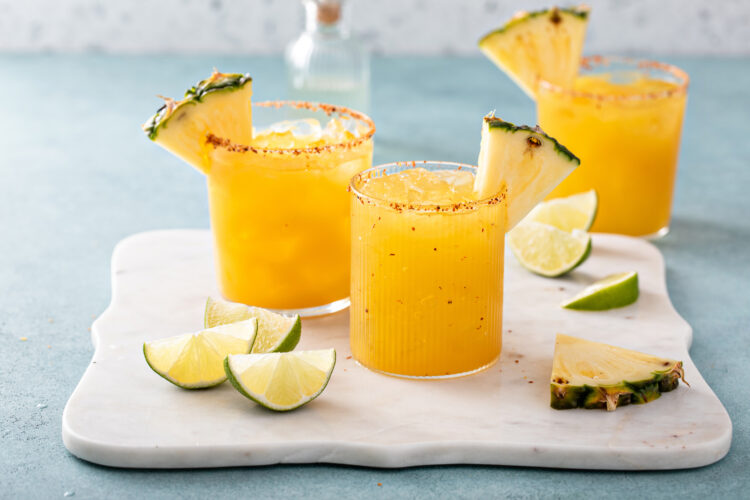
Have you ever noticed pineapple motifs in hotels or homes? This goes back to the colonial era when pineapples symbolized the warmest and most generous welcome a host could offer. This tradition started because of the rarity and high cost associated with the fruit, making it a prestigious item to offer to guests.
No Ripe-After-Picking

A surprising fact about pineapples is that they stop ripening the moment they are harvested. Unlike many fruits that continue to ripen after picking, a pineapple’s sweetness and juiciness are locked in as soon as it is cut from the plant. This means that the pineapple you buy in the store is as ripe as it will ever be.
They are Packed with Vitamin C
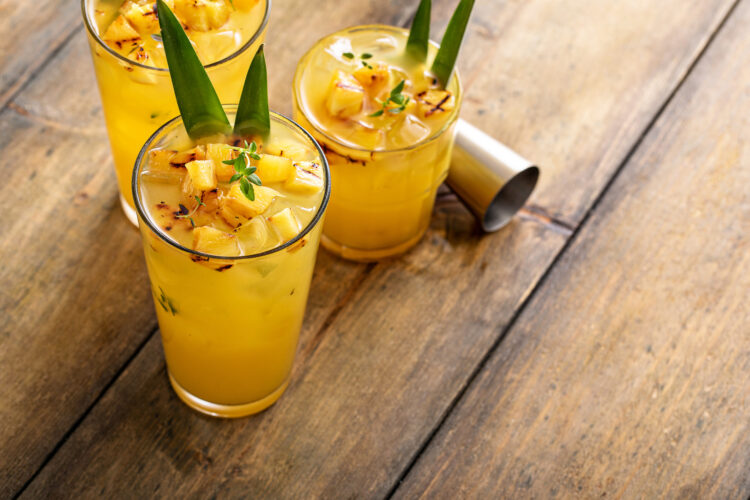
Pineapples are not just tasty; they are also a powerhouse of nutrients. One of the standout vitamins in pineapple is Vitamin C. Just one cup of fresh pineapple chunks provides more than 100% of your daily Vitamin C requirement, which is essential for your immune system, helping you fight off colds and other infections.
A Natural Anti-Inflammatory

The bromelain in pineapples does more than just tenderize meat and tingle your mouth; it is also a natural anti-inflammatory. This makes pineapple a great choice for people suffering from sports injuries or arthritis to help reduce swelling and pain. It is a tasty way to ease some of those aches!
They Can Affect Your Taste Buds

Continuing on the topic of bromelain, this enzyme can temporarily change how your taste buds function. After eating a large amount of pineapple, some foods might taste different. This is because the enzyme alters the surface of your tongue. It is a bizarre and temporary effect but entirely harmless and reversible.
World’s Top Producers

When you think of pineapples, you might picture Hawaii, but the world’s largest producers are actually far from those sandy beaches. Thailand, the Philippines, and Costa Rica lead global pineapple production. Costa Rica alone produces more than a third of the world’s pineapples, making it a heavyweight in the pineapple market.
Pineapples Can Help with Digestion
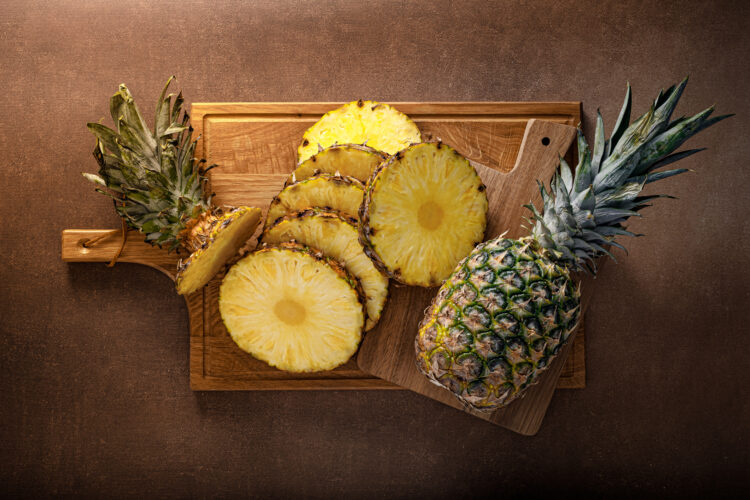
Thanks to that special enzyme, bromelain, pineapples are excellent at helping digestion. Eating pineapple as part of a meal can help break down proteins in other foods, aiding your digestive system in processing nutrients more efficiently. Additionally, bromelain is believed to help alleviate symptoms of indigestion and reduce bloating.
They Are Drought Tolerant
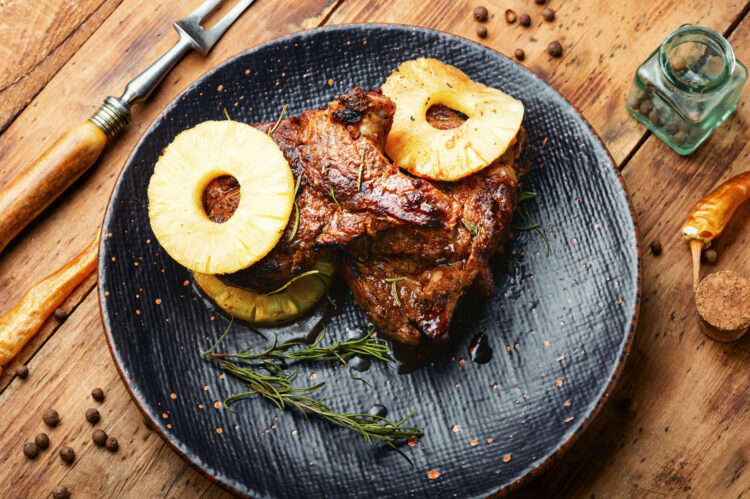
Pineapples have tough leaves that reduce water loss, making them incredibly drought-tolerant. They can thrive and produce fruit even in relatively dry areas where other crops might struggle. This resilience makes them a particularly valuable crop in varied climates around the world. Plus, their ability to store water in their leaves helps them survive in environments where water is scarce.
Important in Cultural Celebrations
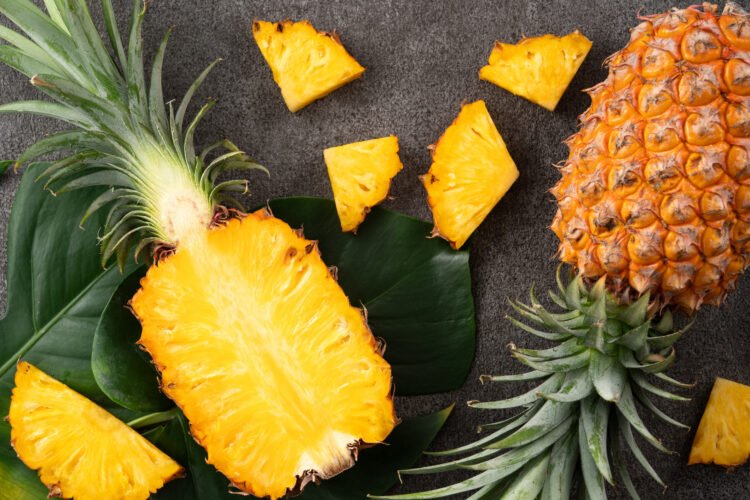
In several cultures, pineapples are not just food but also a symbol of important life events. For example, in Chinese culture, the word for pineapple sounds similar to “luck coming your way,” so it is often used in ceremonies or as a gift during the Lunar New Year to symbolize wealth and prosperity.
They Can Influence the Environment
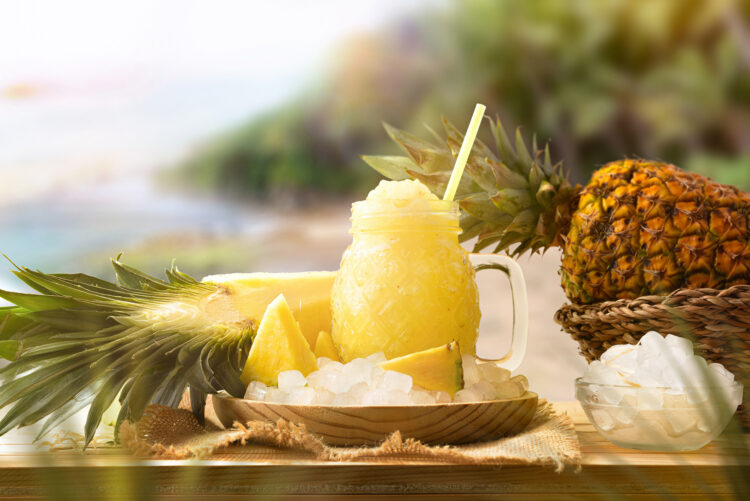
While pineapples are great in many ways, their cultivation can have downsides, such as soil erosion and pesticide use that can affect local ecosystems. The good news is that with the rising popularity of sustainable farming practices, more growers are turning to methods that minimize environmental impact.

Comments
Loading…